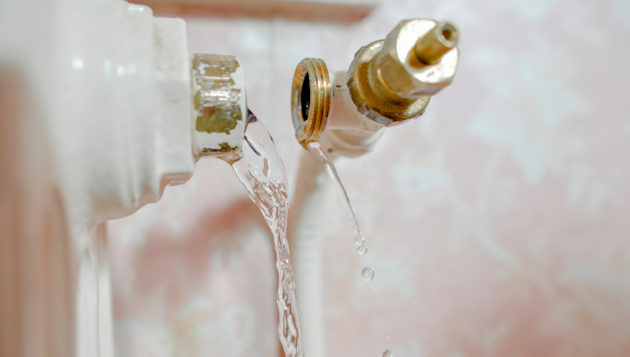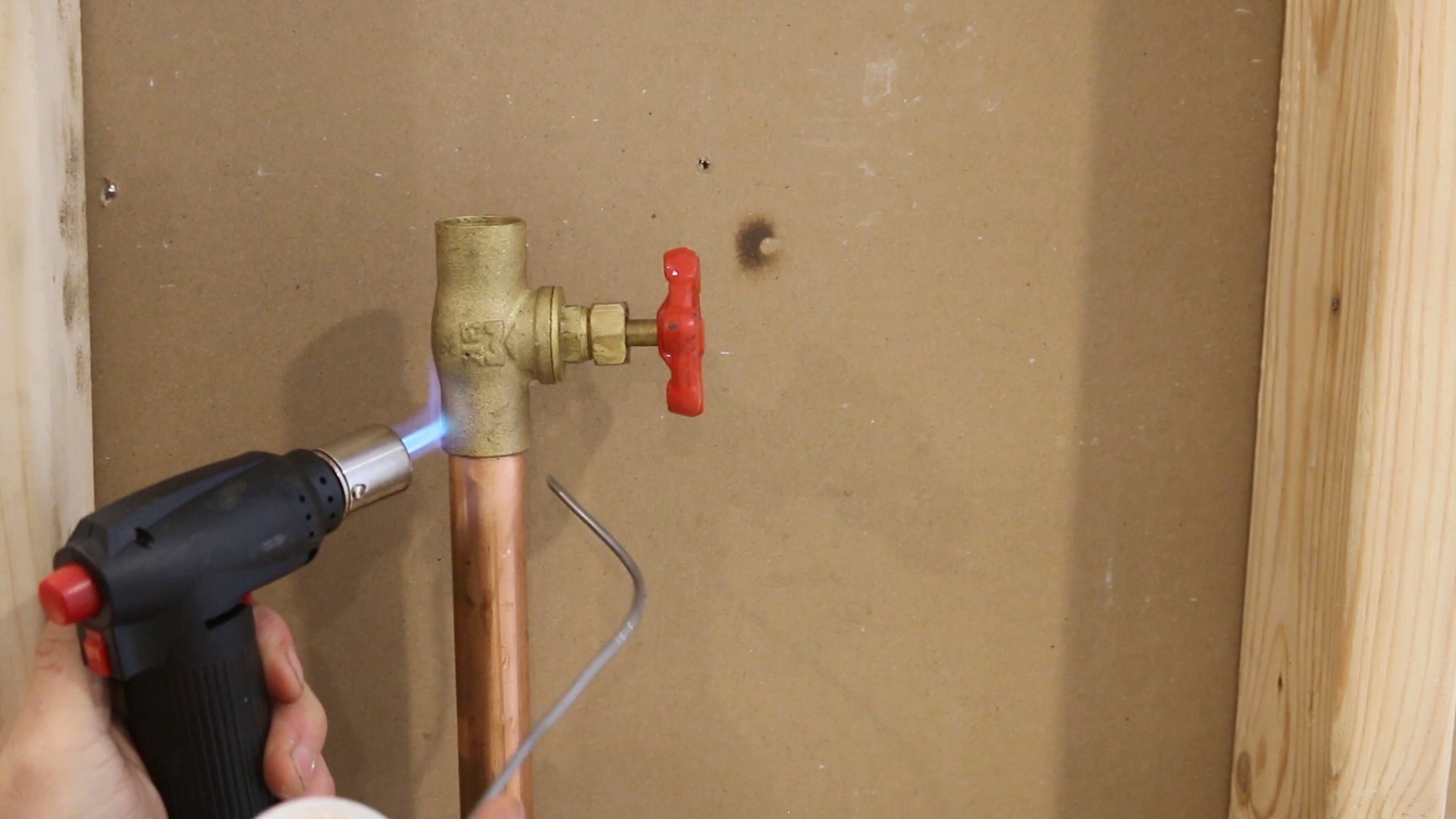My Recommended Winterizing Strategies: 5 Approaches to Secure Pipe Bursts
My Recommended Winterizing Strategies: 5 Approaches to Secure Pipe Bursts
Blog Article
They are making a few good annotation regarding How to stop pipes from freezing during the winter in general in this post just below.

All home owners that stay in pleasant environments need to do their finest to winterize their pipes. It is something you should do during fall prior to deep winter truly starts. Failing to do so can mean disaster like icy, cracked, or burst pipelines. If the climate outside is frightful, right here are some handy winterizing hacks to maintain your plumbing system safeguarded also.
Attempt a Hair Clothes Dryer or Warm Weapon
When your pipes are nearly freezing, your reliable hair dryer or warmth weapon is a blessing. If the warm towels do not assist dislodge any kind of working out ice in your pipelines, bowling warm air straight into them may aid. You might finish up harmful your pipelines while attempting to thaw the ice.
Open Up Cabinet Doors Hiding Plumbing
When it's cold outside, it would certainly be valuable to open up cupboard doors that are masking your pipelines. Doing this little technique can keep your pipelines cozy and also restrict the possibly unsafe outcomes of freezing temperature levels.
Take Time to Wrap Exposed Pipes
One simple and great hack to warm up cold pipelines is to wrap them with cozy towels. You can cover them first with towels. After safeguarding them in position, you can pour boiling water on the towels. Do it gradually to let the towels soak up the liquid. You can additionally make use of pre-soaked towels in hot water, simply do not neglect to wear safety gloves to secure your hands from the warmth.
Turn On the Faucets
When the temperature level declines and it seems as if the cold temperature will last, it will aid to turn on your water both inside as well as outdoors. This will certainly keep the water streaming with your plumbing systems. You'll end up squandering gallons of water this means.
When Pipes are Frozen, close Off Water
Shut off the main water shutoff right away if you notice that your pipes are totally icy or virtually nearing that phase. You will usually discover this in your cellar or utility room near the heating unit or the front wall surface closest to the street. Turn it off right away to stop more damages.
With more water, more ice will load up, which will ultimately lead to burst pipes. If you are unsure concerning the state of your pipes this winter months, it is best to call a specialist plumber for an inspection.
All property owners who live in warm environments should do their finest to winterize their pipelines. Failing to do so can spell catastrophe like icy, fractured, or burst pipelines. If the hot towels do not assist dislodge any type of settling ice in your pipes, bowling hot air directly right into them might aid. Turn off the major water shutoff promptly if you see that your pipes are totally frozen or practically nearing that phase. With more water, more ice will stack up, which will ultimately lead to rupture pipelines.
PREVENT YOUR PIPES FROM FREEZING THIS WINTER
A Leading Cause of Property Damage
When the weather is taking a deep nose dive into the cold dreary days, the risk of your pipes freezing and potentially bursting skyrockets. Unfortunately, during these cold dreary months, burst pipes are the most common denominator for property damage. The pipes that are most at the risk are those that are in areas where it is most cold in your home. For instance, pipes located in interior places such as basements, attics, and your garage. Unfortunately, that doesn’t mean that the pipes running through your cabinets or exterior walls can’t freeze. Good news, however, is that you can do things to help prevent pipes from freezing.
How to Prevent Pipes From Freezing
Once the temperature starts to drop during the winter, you should be taking the proper measures needed to ensure that your pipes stay warm and that there is circulation of water through them. Some steps that experts may recommend could go against your better judgement when it comes to saving water and heat. However, it would go without saying that when expenses are compared, damaged pipes could put a bigger dent in your wallet than a water bill.
What Can I Do?
Keep your garage door closed. This is very important, especially if you have water supply lines running through your garage. Open your kitchen and bathroom cabinets to allow warm air to circulate through them. Allow air circulation throughout your home. Keeping the interior doors open will once again allow the warm air to circulate inside your home. Ensure your thermostat is running the same temperature throughout the night and day. If you plan to be away from home during the cold months, set your temperature no lower than 55° F. This should provide enough heat to keep the pipes warm and prevent any remaining water inside the pipes from freezing. For more of a long-term solution, add insulation to attics, basement, and other crawl spaces around your home. By allowing your faucet to drip, it will alleviate pressure in the system. This is important because the pressure that is created between the blockage and the faucet can potentially cause the pipes to burst. Allowing the faucet to drip will prevent the pressure from building up, therefore keeping the pipes from bursting. Seal any cracks, openings, and crawl spaces around your home to prevent cold air from coming inside. This keeps your pipes-not to mention your home-warmer and less susceptible to issues caused by freezing temperatures. For the pipes in your home that are easily accessible, applying electrical tape to them might prevent them from freezing over. This is a quick fix, as you can apply the tape directly to the pipe. There are two options for heating tapes. One turns on and off by itself when it senses heat is needed. The other type of heating tape needs to be applied when heat is needed and removed when not necessary. If you have exposed pipes in your home, you can check this website to take a look at a few options that would be available at a shop near you.

I found that page on How to stop pipes from freezing during the winter when surfing the internet. Loved our article? Please share it. Let someone else find it. We value reading our article about Winterizing Your Pipes.
Contact Us Now Report this page